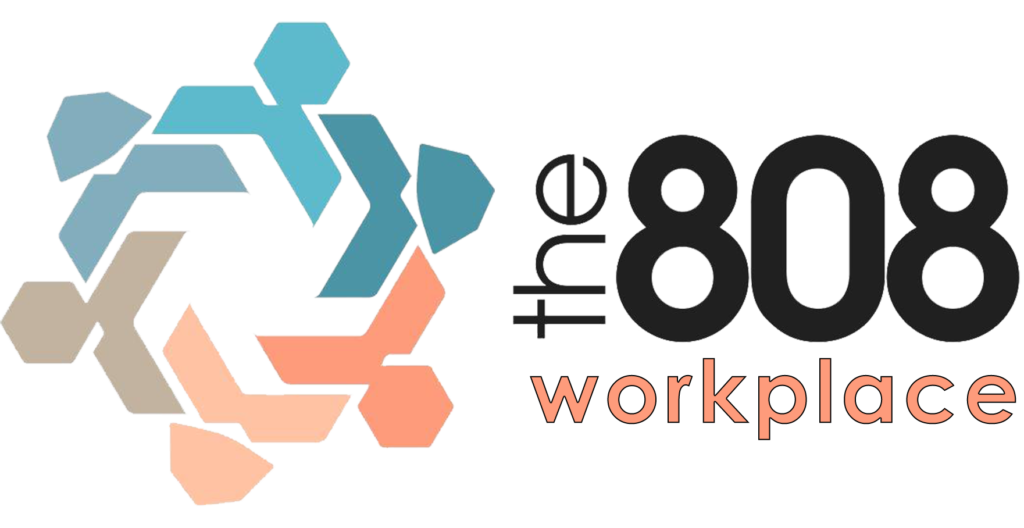
When working remotely, it’s easy to think about all the possible benefits that come with flexible arrangements. Being able to work from the comfort of your own home, make your own unique schedule, and have an improved work-life balance are all on offer!
Nevertheless, there are some pitfalls that can occur, which may have an adverse effect on your health. Much like working in a coworking space, you need to keep these things in mind as you work remotely in order to actively combat them.
Fighting loneliness
The effects of loneliness on the quality of peoples’ work have been well researched. Isolation and loneliness can affect your performance and productivity in a number of ways, according to research from California State University. Feeling lonely during your workday can affect your willingness to engage in teamwork, your completion of assigned duties, and your overall contributions. Apart from an obvious decrease in performance at work, loneliness is also associated with a number of negative health effects. Anxiety and depression are connected to loneliness and even an increased mortality rate, equivalent to smoking 15 cigarettes per day! As mental wellness is particularly important during uncertain times, it is essential that you do what you can while working remotely to fight the loneliness you may feel. (Hint: A great option to combat loneliness is to set up a daily or weekly video conference with your clients, friends, or team!)

Mindfulness and stress
Throughout our careers, we all have to deal with a certain amount of stress. This can actually help improve your performance if you have an upcoming deadline, but too much of it is detrimental to both your physical and mental health. A 2014 survey from PGI reported that 82% of telecommuters had lower stress levels when working outside the office. Nevertheless, we recommend periods of mindfulness when you find that stress strikes.
Mindfulness is a mental technique and method of meditation. It makes you more aware of your emotions, impulses, and biases that drive you on a day-to-day basis. It allows you to take a step back, self-evaluate, and refocus your attention on your most important tasks and feelings. With practice, you can make conscious choices and be in control of how your emotions affect you, allowing you to become your own master. Check out Headspace, a great app for integrating meditation into your daily routine and reducing the stress that work can often bring about.
Easing into your day and learning to switch off
One of the biggest benefits reported by remote workers is the ability to improve your work-life balance. Having a healthy work-life balance is key to maintaining and developing your physical and mental health. We’re now more accessible than ever, with push notifications on your smartphone providing instant updates of emails, messages, texts, and calls.
It can feel wrong to turn these notifications off and ignore your phone outside of work hours, but it can really be beneficial for your overall well-being. We recommend that you try not to check your emails during your early morning routine. If something is urgent, you will more than likely receive some kind of call or instant message. Otherwise, enjoy your time when getting ready in the morning. Those emails can wait until working hours!

Switching off is also important after finishing work. Saving less intensive tasks for the end of your working day can really help you unwind. Finishing work with residual stress and burnout from an arduous task will not help you to fully enjoy your downtime. We recommend creating a wind-down routine for yourself that you stick to. At the end of the day, you’ll feel more capable to relax and actually enjoy your time off.
Adding exercise to your routine
Incorporating some movement or physical exercise is good for both your mind and body. It doesn’t necessarily mean you have to do a workout; perhaps it could mean some low-impact yoga or maybe just a short walk. You’ll feel more awake, both physically and mentally. Working from home also means that you might not leave the house for extended periods of time, so getting outside and moving around is important.

Take time to eat a proper breakfast
Working on an empty stomach is going to reduce your ability to concentrate and leave you with lower energy levels in the morning. It’s probably the most important part of any daily routine! Having a healthy breakfast will put you in a better mood to tackle your daily tasks.
You should try to eat something filling and healthy to make the most out of breakfast. It may be easy and practical to grab a breakfast bar before getting down to work, but a balanced meal is really the best idea. You’ll find yourself with more energy, improved concentration, and a better mood.
This article was brought to you by Remote-how – an online platform empowering the growth of remote work and the producer of the Remote Career Advisory – program designed to help aspiring remote workers start their remote careers! You can join it here.


